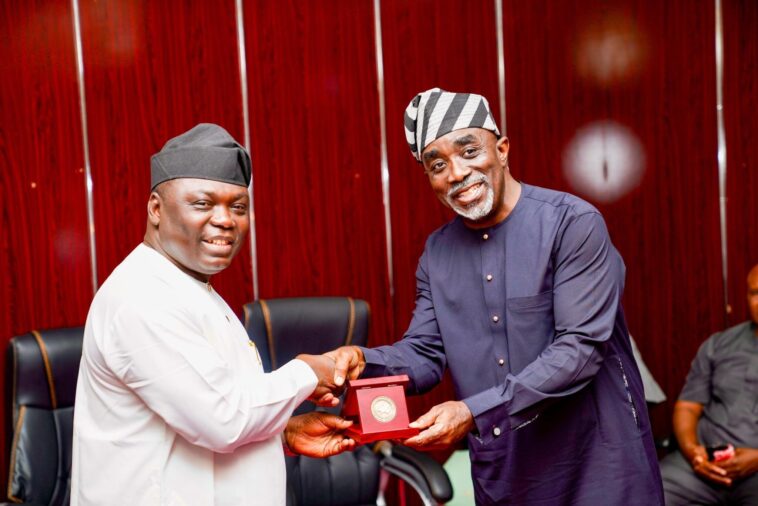The National Sugar Development Council (NSDC) and the Lee Group have taken a major step toward establishing a large-scale sugar production facility in Taraba State.
A high-powered delegation, led by NSDC Executive Secretary/CEO Kamar Bakrin, visited Jalingo, the state capital, to seek the support and collaboration of Governor Agbu Kefas and the state government in the project. The meeting included officials from NSDC and the Lee Group management team, according to a statement issued over the weekend.
Bakrin explained that the visit aimed to explore a major sugar investment, which is crucial to Nigeria’s drive for self-sufficiency in sugar production. He highlighted NSDC’s mandate, which includes capacity building, research, extension services, and investor support such as financing, feasibility studies, and land access for sugar projects.
“Sugar is a globally significant socio-economic product, employing about 100 million people in over 120 countries. Sugar estates, often located in rural areas, drive local development while supporting environmental sustainability,” Bakrin said.
He revealed that a national study identified 1.2 million hectares suitable for sugar development, with Taraba State ranking among the most strategically positioned. The NSDC considers the state highly suitable for investment, and confirmed that Lee Group’s subsidiary, GNAAL Sugar, meets all technical and financial criteria as a credible investor.
Project Director of Lee Group, Lam Wing Ki Wilkins, emphasized the group’s commitment to a multi-million-dollar investment in Taraba, highlighting the state’s agricultural and industrial potential.
“This project will enhance the state’s revenue, create jobs, stimulate local enterprise, and empower farming communities through an inclusive out-grower scheme. We are committed to building a lasting partnership with Taraba State,” he said.
Governor Agbu Kefas welcomed the initiative, assuring that his administration will continue to provide a conducive environment for investors, particularly in the agricultural and industrial sectors.
The project is expected to serve as a model for sugar development in Nigeria, demonstrating the potential of public–private partnerships in advancing local and national economic growth.





